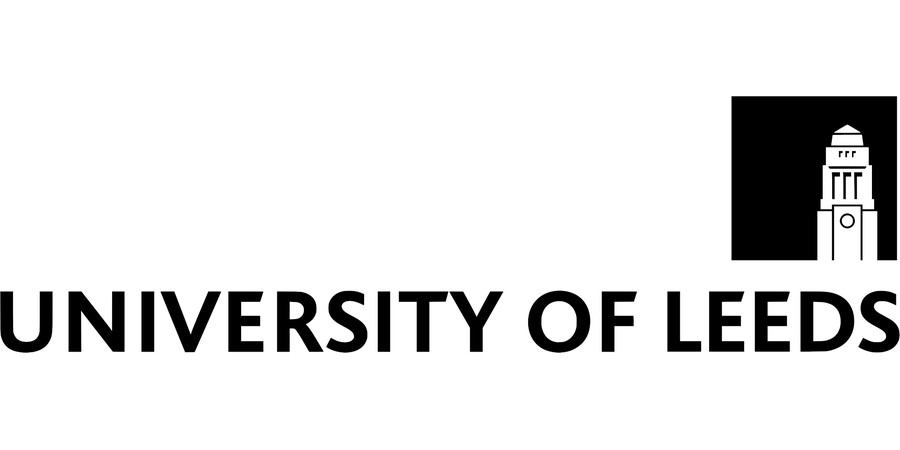PhD Studentship: Synthesis and Optimisation of Stimuli Responsive Metal-Organic Frameworks in Flow
University of Leeds - Faculty of Engineering and Physical Sciences: Chemistry
| Qualification Type: | PhD |
|---|---|
| Location: | Leeds |
| Funding for: | UK Students |
| Funding amount: | See advert |
| Hours: | Full Time |
| Placed On: | 4th April 2025 |
|---|---|
| Closes: | 30th April 2025 |
School/Faculty: Chemistry
Closing Date: 30 May 2025
Eligibility: UK Only
Funding: School of Chemistry Studentship, in support of the UKRI Future Leaders Fellowship Grant, providing the award of full academic fees, together with a tax-free maintenance grant at the standard UKRI rate of £20,780 per year for 3.5 years.
Lead Supervisor’s full name & email address
Dr Andrea Laybourn: a.laybourn@leeds.ac.uk
Co-supervisor’s full name & email address
Dr Sean Collins: S.M.Collins@leeds.ac.uk
Dr Christopher Pask: C.M.Pask@leeds.ac.uk
Project summary
Metal-organic frameworks (MOFs) are a class of porous coordination polymers comprised of metal clusters/ions and organic linkers. MOFs show great potential for a wide range of applications in areas such as energy, environmental sustainability, and healthcare. The ability to control the pore environment of the MOF is one of their remarkable advantages and enables control over the structure and properties required for specific applications. Despite these advantages, the process of taking MOFs from discovery to scale-up and commercial exploitation take many years since current methods of MOF production are poorly reproducible, unsustainable, and conditions optimised in batch are not readily translatable to scaled up processing. We have demonstrated that microwave heating and flow chemistry are able to provide distinct processing advantages in the synthesis of MOFs owing to selective heating.
This project will build on our development of microwave flow reactor platforms for the discovery, optimisation, and scale-up of MOFs specifically targeting stimuli-responsive materials with new structures and particle characteristics. This will be underpinned by investigating the MOF self-assembly processes and structure-property relationships using a range of in-, on- and off-line characterisation techniques including X-ray and electron diffraction, electron microscopy, IR and UV-vis spectroscopies, and gas sorption.
This project combines flow and materials chemistry, characterisation, and reaction optimisation. You will gain skills in synthetic co-ordination chemistry, advanced characterisation techniques, machine learning and operation of flow chemistry platforms. This project would be ideal for an ambitious and innovative researcher who enjoys working in a diverse and interdisciplinary team and is excited to learn new skills.
Please state your entry requirements plus any necessary or desired background
A first class or an upper second class British Bachelors Honours degree (or equivalent) in an appropriate discipline.
Subject Area
Inorganic chemistry, materials science, physical chemistry
Keywords
Advanced imaging and microscopies, flow chemistry, metal-organic frameworks, self-optimisation of reactions, stimuli responsive materials
Advert information
Type / Role:
Subject Area(s):
Location(s):









